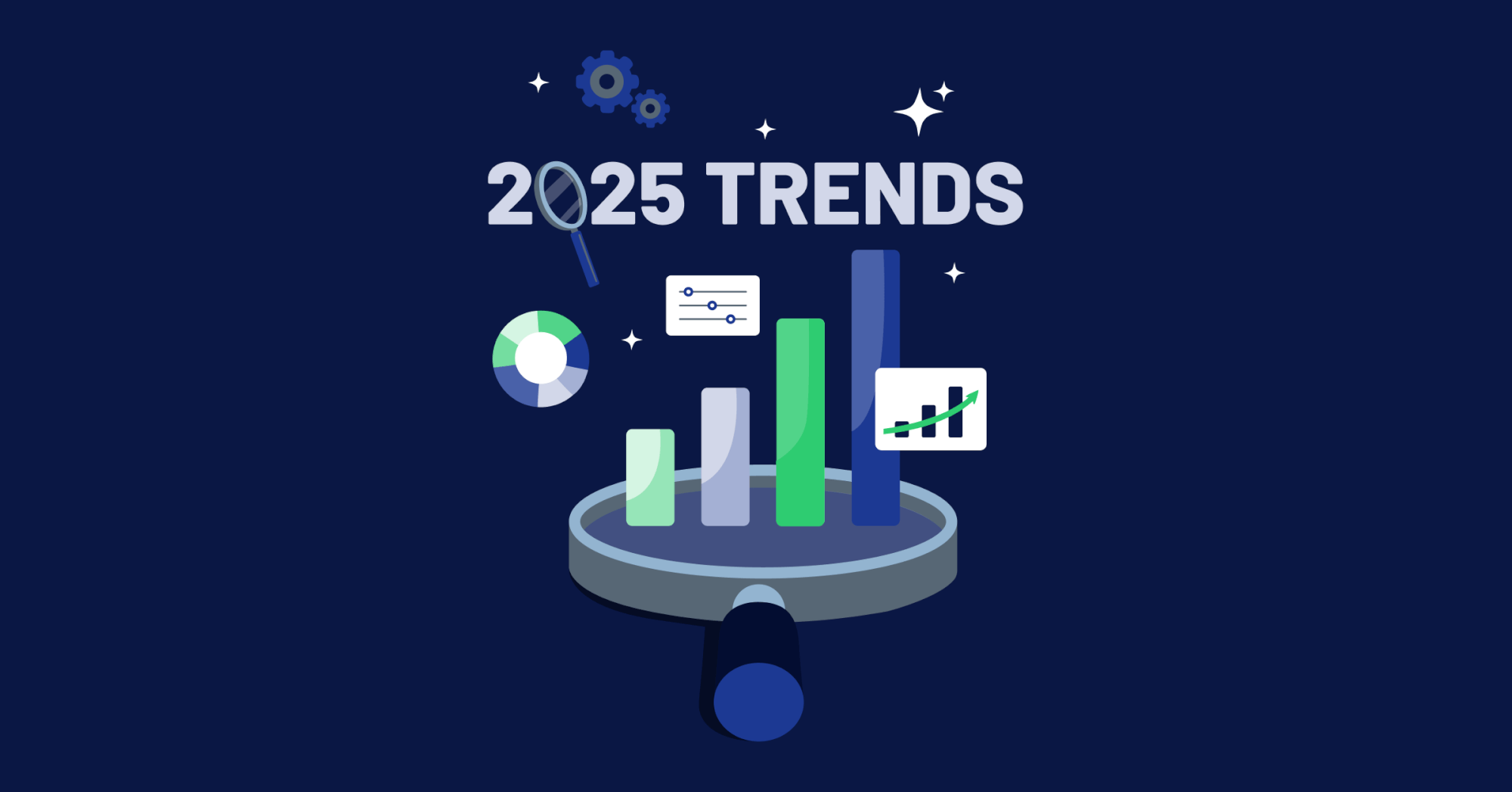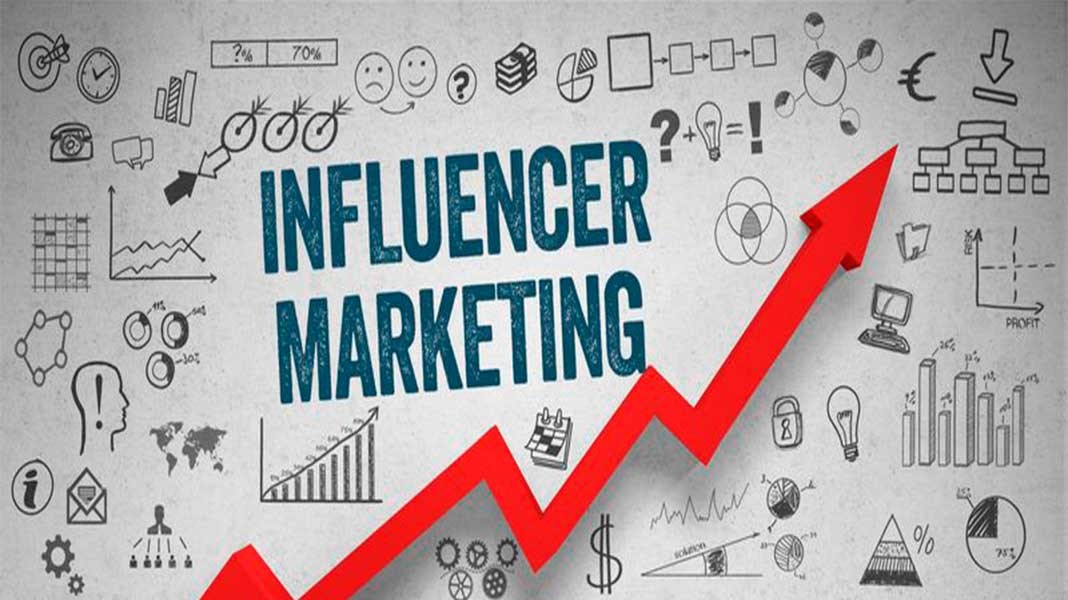Latest SEO Trends You Must Know in 2025
As search engines evolve and user behavior shifts, SEO continues to change. What worked a few years ago may no longer deliver results today. To stay ahead, businesses and marketers need to adapt to the latest SEO trends that shape how content is ranked and discovered.
Here’s a breakdown of the top SEO trends for 2025 that you should know to keep your website competitive and visible.
1. AI-Driven Search Will Dominate
Artificial intelligence is playing a bigger role in how search engines understand content. Google’s algorithms, powered by AI (like BERT and MUM), are becoming smarter at interpreting intent, context, and natural language.
What this means for you:
- Write for humans first, not search engines.
- Focus on answering specific user questions.
- Structure your content clearly with logical headings and sections.
Optimizing for AI-powered search engines means prioritizing user value, not just keywords.
2. Search Intent Optimization Is Key
In 2025, understanding search intent is more important than ever. Google wants to deliver the most relevant results based on what a user is really looking for—whether that’s information, a product, or directions.
How to apply this:
- Align your content with the four types of intent: informational, navigational, commercial, and transactional.
- Use tools like Google Search Console or Semrush to analyze what queries bring people to your site.
- Make sure each page has a clear purpose and delivers on that intent.
3. Voice Search is Changing the Game
With the continued growth of smart speakers and voice assistants, more people are using voice search to find quick answers.
How to optimize for voice:
- Use natural, conversational phrases in your content.
- Focus on long-tail keywords and question-based queries.
- Add FAQ sections to pages to directly address voice-style searches.
Optimizing for voice improves your chance of being chosen as a spoken result, especially in local and mobile searches.
4. Video Content is Now a Ranking Factor
Video continues to gain importance in SEO. Google is prioritizing video content in search results, especially for “how-to” and tutorial-based queries.
Tips to boost video SEO:
- Upload videos to YouTube and embed them in your blog posts or landing pages.
- Add transcripts and keyword-rich titles and descriptions.
- Use schema markup to help Google understand your video content.
If your business isn’t using video, now is the time to start.
5. Core Web Vitals Are Still Critical
Core Web Vitals, introduced by Google in 2021, are performance metrics that measure page load time, interactivity, and visual stability.
In 2025, they’re not just recommendations—they’re ranking signals.
Focus on improving:
- Largest Contentful Paint (LCP): Page load speed
- First Input Delay (FID): Interactivity speed
- Cumulative Layout Shift (CLS): Visual stability
Use tools like Google PageSpeed Insights or Lighthouse to identify and fix performance issues.
6. E-E-A-T and Content Credibility
E-E-A-T stands for Experience, Expertise, Authoritativeness, and Trustworthiness. It’s Google’s way of evaluating the credibility of content, especially in sensitive topics like health, finance, and legal advice.
What you should do:
- Show your credentials or industry experience on your site.
- Add author bios and include links to professional profiles like LinkedIn.
- Keep your content accurate, up-to-date, and well-researched.
Google rewards trustworthy sources, so focus on building content that’s both helpful and credible.
7. Zero-Click Searches Are Rising
More users are getting answers directly from the search results—without clicking on a website. These are known as zero-click searches, and they’re powered by featured snippets, knowledge panels, and “People Also Ask” boxes.
How to win in zero-click SERPs:
- Answer common questions clearly and concisely in your content.
- Use bullet points, tables, and short paragraphs.
- Structure pages with H2 and H3 tags to support snippet extraction.
Even if users don’t click through, getting your brand in front of them builds awareness and authority.
8. Local SEO and Hyperlocal Targeting
With location-based searches increasing, local SEO continues to be vital for businesses serving a specific area. In 2025, hyperlocal content—targeting specific neighborhoods or micro-locations—is gaining traction.
Steps to improve local SEO:
- Keep your Google Business Profile updated.
- Encourage local reviews and ratings.
- Create location-specific landing pages or blog posts.
If you serve a physical area, focusing on local relevance can bring high-intent traffic your way.
Conclusion
SEO in 2025 is all about understanding users better, creating value-driven content, and embracing technology. From AI-powered search and voice optimization to page experience and content trustworthiness, staying on top of these trends will help your website rank higher and connect with the right audience.
The digital landscape is changing quickly—but with the right strategies, your business can stay ahead and thrive in the evolving search ecosystem.




